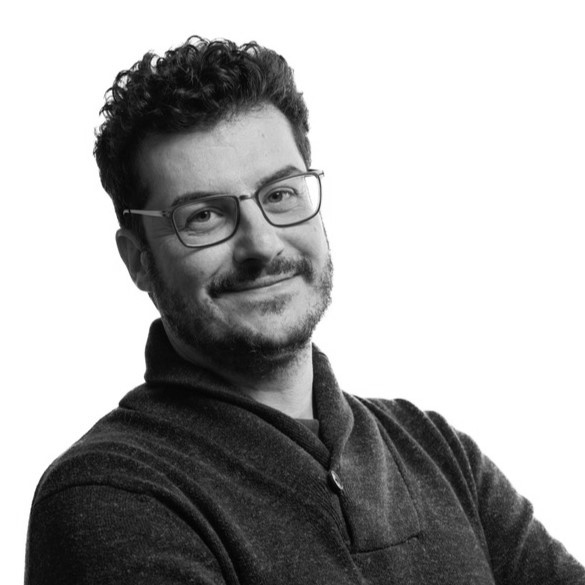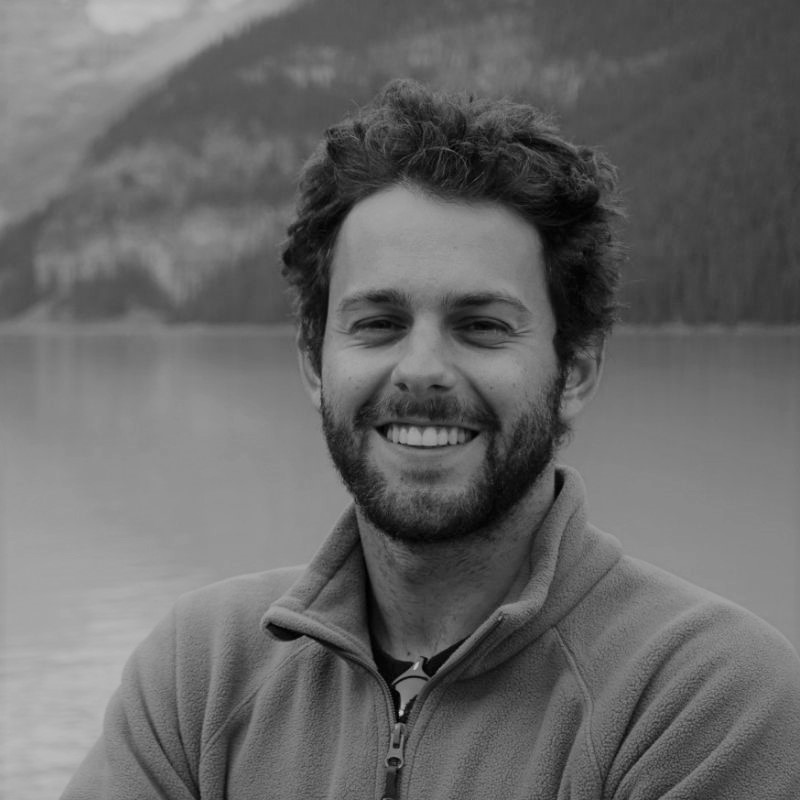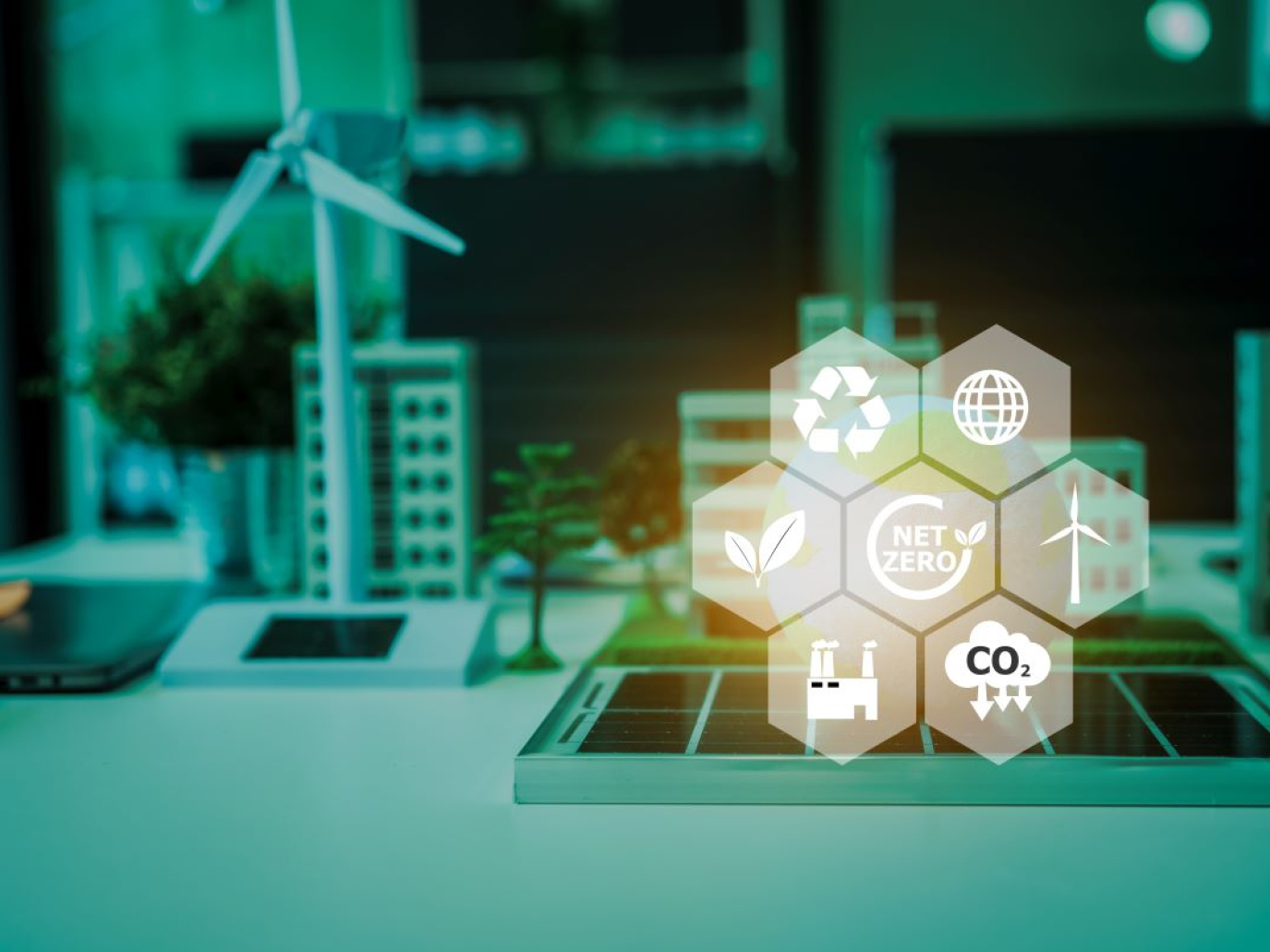Open source technologies linked to sustainability are one of the main drivers for accelerating the digital and ecological transition. Ahead of the FIWARE Global Summit to be held in Naples on 18-19 September, Renewable Matter interviewed Andrea Battaglia, CEO of FIWARE Foundation, an independent open source platform that has its origins in a European public-private partnership programme.
How is the open source world looking at sustainability issues today? Can you give us an overview of what is happening in the sector?
Open source applied to digital transformation is an idea that was born to reduce industrial costs, improve quality and promote the adoption of security and interoperability standards, but for a few years now it has been linked to so-called green development. Among the missions of the open source model is the drastic reduction of energy consumption, but not only that. In our community, we are also focusing on water, cities, industry and agritech through a horizontal approach to sustainability: everything that is produced technologically must bring environmental benefits.
Which leading stakeholders are driving the adoption of open source policies?
Industry is definitely the player that is making the biggest contribution, especially in terms of its specific weight. Instead, in terms of potential impact, I believe that energy is a world in the making, in which each European country is investing heavily. The energy transition passes through the digital transformation of the so-called smart grid. This is the real key to what it requires from an academic and industrial point of view. A transformation that is creating new jobs, high-quality research projects and the creation of start-ups. From these realities then arise solutions that are adopted by large energy suppliers or distributors.
The impact of artificial intelligence is also not to be underestimated.
Yes, when we talk about open source we must also consider the open source of AI models. So it is not just a question of data exchange and encryption, which are also energy-consuming processes. Already today we can observe the effects of extreme use of artificial intelligence that brings with it very high energy consumption.
FIWARE is now a global community: which countries are most active in the open source world?
We are proud to call FIWARE a member of the European family, but we have been operating globally for a few years now. I can say that Italy, Spain and the Nordic countries are doing an immeasurable, excellent job. Taking advantage of different types of funding, they are creating real projects and use cases on do-it-yourself technologies with the support of the European Commission. I also mention Japan, probably the country that follows EU criteria more than any other.
What projects are you going to implement in the near future?
FIWARE Foundation is trying to approach complementary realities, trying to create new solutions or new use cases that have financial and business value. And that also benefits citizens. We want to create an ecosystem of partnerships because the world needs new ideas.
For example, recently, FIWARE in partnership with Make-IT in Africa launched the project FIWARE4Africa that is focusing on strengthening digital innovation ecosystems on the African continent, aiming at ensuring interoperability, data sharing, and portability, and promoting efficient and synergetic collaboration between various stakeholders for equally technology environment. We continue to actively work on creating a single European market of Data Spaces and Data Economy together with the representatives of Data Spaces Business Alliance. FIWARE is developing the global network of Innovation Hubs (iHubs), that aim to evolve local territories and make them smart, resilient and sustainable. For example, MEDIHub, founded by Meditech Competence Center, is the first Certified FIWARE IHub in Southern Italy.
It has been said about the cyber security law. What are the potential obstacles for the open source model?
I think there has been a bit too much enforcement. While the Cybersecurity Act has significant value, there is clearly room for improvement. I have sensed an excess of parochialism in the approach to open source that may limit production, creativity and the ability to further contribute to the advancement of the industry.
What should we expect from the FIWARE Global Summit that will take place in Naples on 18-19 September?
Compared to previous summits, it will have a connotation of total openness. There will be plenty of room for dialogue and all kinds of participation and collaboration. Start-ups, research, corporates, investors. The summit will be a place for debate and growth, where new ideas and solutions based on Open Source, Data Spaces, AI, Digital Twins and Robotics can be developed together. I would also like to highlight the first-rate international presence, with leading figures from Canada, the United States, Brazil, Japan, Korea, and several African nations. An event not to be missed for those who want to stay up-to-date on the global evolution of open source.
This article is also available in Italian / Questo articolo è disponibile anche in italiano
Cover image: Envato




